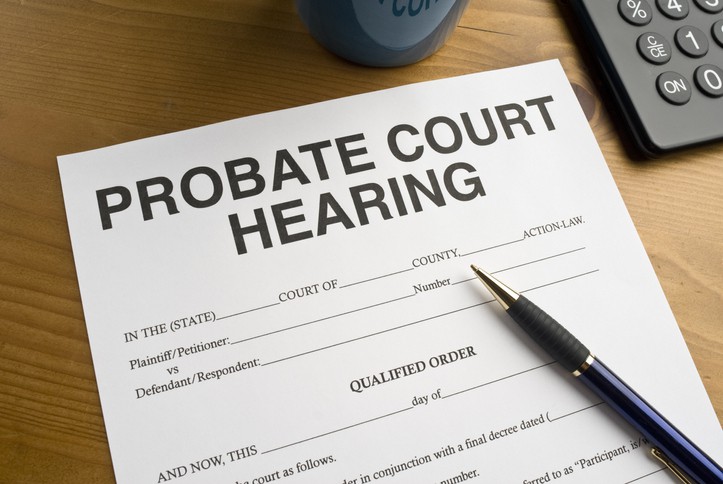Section 1031 of the Internal Revenue Code allows capital gains taxes to be deferred rather than realized when selling investment properties and properties used in a trade or business. Generally, the production of business or rental income is a hallmark of investment property or property used in a trade or business, as opposed to property held for personal use.
Section 1031 does not apply to property held for personal use. Therefore, it does not apply to the sale of a principal residence.
To qualify, the property being sold must be replaced by another “like-kind” property, and the transaction must be structured as an exchange and completed within a certain period of time. Possible replacement properties must be identified within 45 days, and the acquisition of the replacement property closed within 180 days.
How can this help?
By deferring the realization of capital gains, the 1031 exchange may afford the owner greater purchasing power for the acquisition-side of the transaction. In contrast, in a non-1031 transaction, the proceeds of the first sale would be received and subject to tax. Then, the second transaction would be made from the remaining proceeds.
Maximizing the benefit of the tax deferment generally requires that the acquired asset be worth more than the exchanged asset, and that the proceeds of the sale of the first parcel be used in the acquisition of the second parcel and not withdrawn, and that all other applicable rules be observed.











